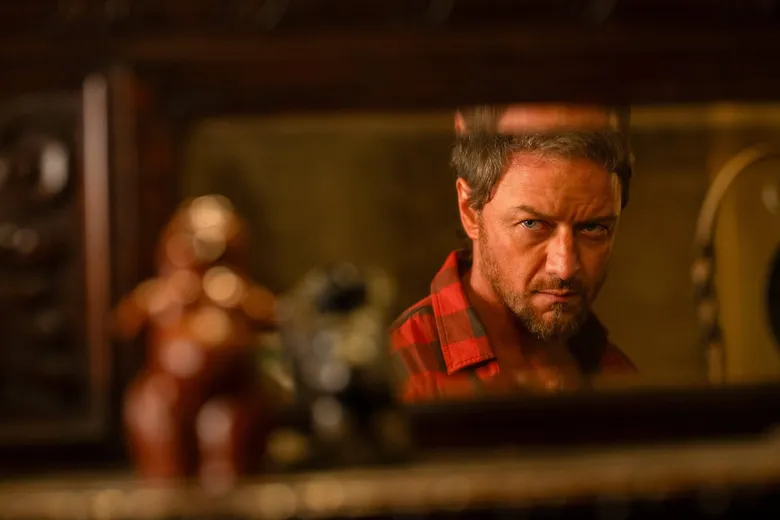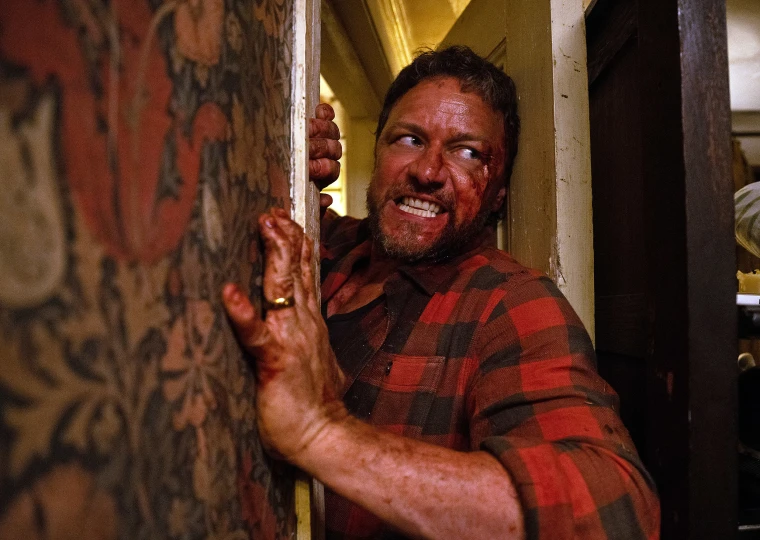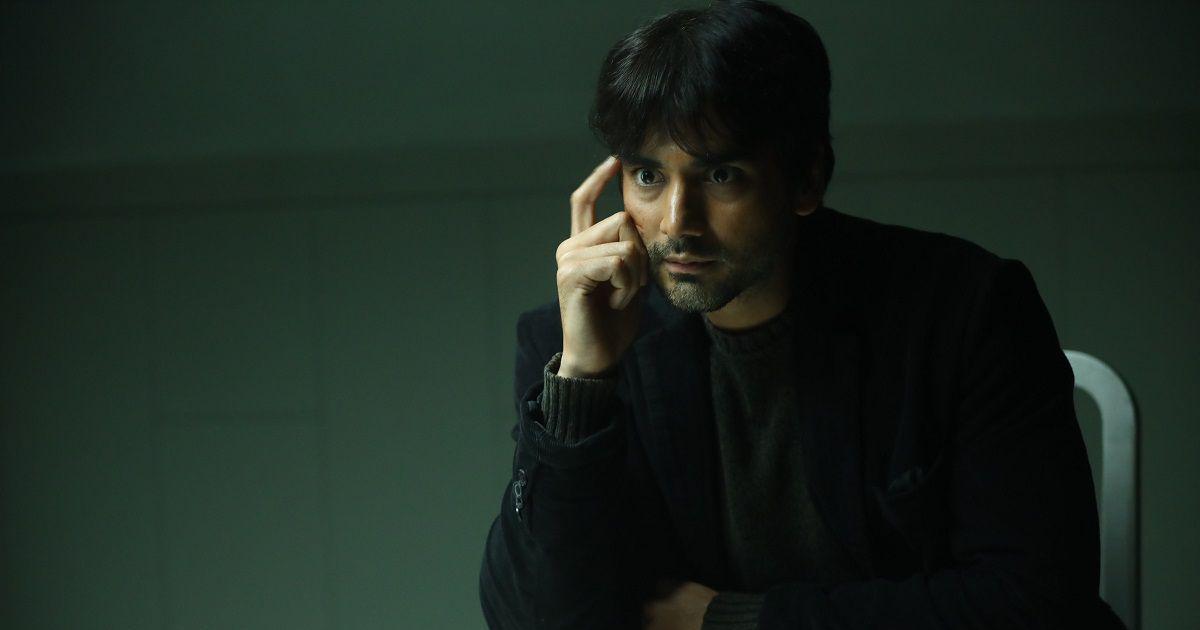Countless cinephile essays have been written about remakes. From their necessity to the “rules” they should or should not follow, not to mention the “nostalgia” component in many cases, it’s a complex subject matter in the world of cinema appreciation. While some viewers prefer remakes completely different from the original, others want something nearly identical. Nevertheless, there’s something incredibly uncommon about Speak No Evil – the fact that the original flick was released just two years ago. Is such a short time enough for an American remake of the Danish movie?
The premise remains similar, only swapping the characters’ origins and nationalities. In this remake, an American family meets a British family during a vacation in Italy, leading to an invitation for the former to visit the latter’s countryside home, far from central London. What was meant to be an idyllic weekend slowly unravels as the Americans try to remain polite in the face of increasingly uncomfortable situations. James Watkins (The Woman in Black) takes sole responsibility for direction and screenplay, featuring a stellar cast to put their spin on familiar characters.
The original Speak No Evil is a tense, suspenseful psychological thriller, enriched by its thematic layers and a daringly shocking ending. Christian and Mads Tafdrup delivered a haunting, thought-provoking study on politeness, social discomfort, and self-preservation, examining how social conventions – especially those aimed at avoiding conflict and maintaining civility – can be manipulated, leading people down dangerous paths. Throughout the film, the visiting family chooses to stay silent rather than be honest and share their growing unease, inevitably digging themselves into an inescapable hole.

The Speak No Evil remake maintains the thematic focus and even makes the American family more complex than the original Danish one, complicating their relationship with a past betrayal that continues to affect the couple’s happiness and trust. It’s a personal arc tied to forgiveness and the human capacity to confront a difficult issue requiring honesty, naturally connecting with the story’s main theme. That said, it doesn’t provide the same satisfying resolution as the primary topic, largely due to the drastic change in the final act.
For better *and* worse, Speak No Evil is clearly an Americanized remake. On one hand, it features a faster pace, greater entertainment value – more “action” sequences and a climax driven by them – and more standout performances. On the other hand, it loses some of the original’s brutality and shock value while not bringing many new developments to the primary theme, repeating the most significant lines of dialogue and scenes from the Danish flick. In fact, the first half of the remake is very similar to the original, with the screen time given to the children at this point hinting that the former’s conclusion may take a different route.
Ultimately, the Speak No Evil remake is a “cleaner” version, but it still justifies its existence by delivering a story that leaves the audience with distinctly different feelings. The narrow-minded idea that there can only be one version of a movie is a perfect example of gatekeeping as if a remake would destroy the original and it could never be seen again. Nothing prevents viewers from preferring one version over the other or from enjoying both. In this particular case, it really depends on what kind of ending you prefer.

Personally, I still favor the original, but the remake’s performances are far more captivating and memorable. Mackenzie Davis (Terminator: Dark Fate), Scoot McNairy (12 Years a Slave), and Aisling Franciosi (The Nightingale) are all fantastic, but James McAvoy (Split) is on another level. McAvoy has to be one of the most underrated actors working in the industry, given his lack of roles in Oscar-nominated movies. The physicality with which he embodies Paddy – a character who can seem incredibly kind and gentle one moment, and in the next scene displays morally questionable, contradictory behavior – is fascinating. What an actor!
Speak No Evil may not reach the visceral depth of the Danish original, but it offers a more accessible, commercially appealing approach. The changes in story and tone may divide fans of the 2022 psychological thriller, but there’s something to be said about the effectiveness of the stellar performances – James McAvoy is mesmerizing – and the more complex dynamic between the central characters. The thematic exploration of politeness and the pressure to adhere to social norms, even when they conflict with personal safety, remains thought-provoking, though the credit here goes to the original. For those who prefer a “softer” experience in terms of emotional and physical violence, this remake is a valid version that, while not surpassing the original, manages to deliver a distinct experience for the audience. After all, both stories can coexist and appeal to different viewers. Pick your favorite or, better yet, enjoy both.





